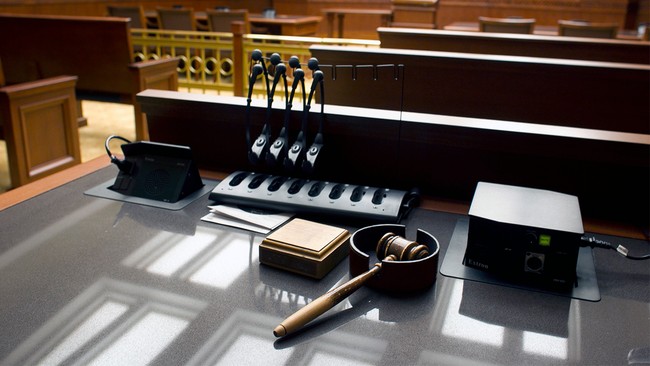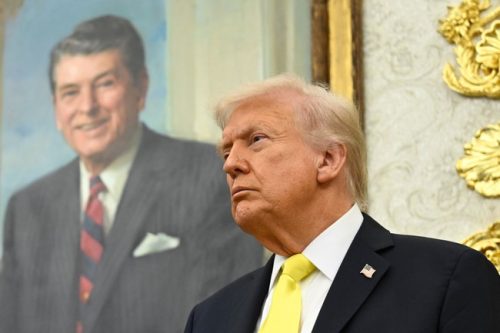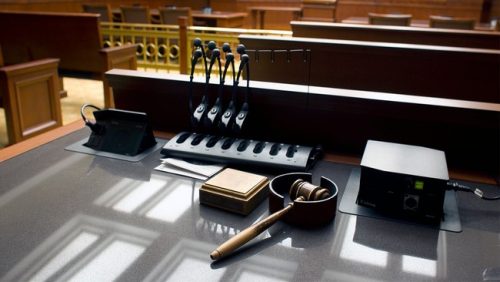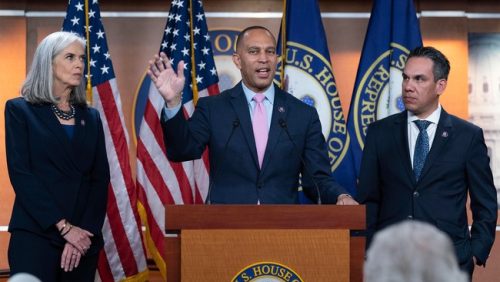The Seventh Circuit paused a lower-court order that had forced Border Patrol Commander Gregory Bovino to meet daily with a federal judge, after complaints from the Justice Department about judicial overreach and operational interference. The temporary stay raises sharp questions about separation of powers, court authority, and how far judges can micromanage law enforcement. This article looks at what happened, why the appellate court stepped in, and what it signals about checks on judicial orders.
Judge Sarah Ellis issued an extraordinary directive tied to a dispute over enforcement tactics during protests in Chicago, demanding face-to-face briefings with a senior Border Patrol official every weekday. That order followed her ruling about mandatory body cameras for ICE agents and instructions tied to alleged use of tear gas and riot-control measures. Critics quickly said the judge was stepping into the chain of command for federal law enforcement in a way that undercuts the functioning of the Department of Homeland Security.
BREAKING: The 7th Circuit Court of Appeals has blocked Judge Sarah Ellis' order requiring DHS official Gregory Bovino to appear in court daily for updates on operations in the Chicago area. pic.twitter.com/l9FBXT0BMG
— Kyle Cheney (@kyledcheney) October 29, 2025
A federal appeals court granted a request from the U.S. Department of Justice for an administrative stay pausing an order that requires Border Patrol Commander Gregory Bovino to meet in person with Judge Sara Ellis each day.
Judge Ellis ordered the meetings after a hearing on Tuesday in federal court over alleged violations by Bovino and other federal agents of her temporary restraining order largely prohibiting the use of tear gas and other riot control measures on journalists, protesters and clergy during Operation Midway Blitz in Chicago.
In response to numerous filings regarding violations of that order, Ellis instructed Bovino to meet with her every weekday evening to go over the events of the day until a preliminary injunction hearing on Nov. 5.
In their filing to the U.S. Court of Appeals for the Seventh Circuit, lawyers for the government argue the order “far exceeds the recognized bounds of discovery” and “significantly interferes” with Bovino’s function, which the government argues is “ensuring the Nation’s immigration laws are properly enforced.”
They also argue the meetings are “untethered to the plaintiffs’ underlying claims” and go beyond reasonable necessity to comply with the court orders already in place.
The appellate court’s administrative stay is not a final judgment, but it stops the daily meetings while the government appeals. For anyone who believes in clear lines between the judiciary and executive, this is a welcome pause. Judges have important powers, but ordering a commander to report to court every day crosses into command-and-control territory.
From a conservative perspective, the practical danger is obvious: when judges start directing day-to-day operations, law enforcement effectiveness suffers. Border security is an operational mission that depends on coordination, discretion, and timely decisions. Forcing commanders into a court-mandated reporting routine could distract from immigration enforcement and strain resources.
The Justice Department framed its appeal around basic legal limits, arguing the order exceeds discovery and interferes with the government’s mission. That is a technical argument, but it tracks a broader constitutional concern. Courts can enforce rights and impose remedies, but they cannot become permanent managers of federal agencies without clear statutory authority.
The controversy began after protests and a temporary restraining order limiting certain crowd control measures, which produced heated filings and allegations of violations. Judge Ellis responded with strict oversight measures, including the order in question. Those steps prompted the government to seek relief from the appeals court, asserting the measures were legally and practically excessive.
There is also a politics layer here. Americans expect courts to protect civil liberties, but they do not expect judges to substitute their judgment for that of agency leaders on routine operational decisions. When activism from the bench tilts into micromanagement, it fuels distrust among citizens who want accountable, effective enforcement of laws. That distrust is amplified when decisions touch high-profile topics like immigration and public order.
Court watchers should keep an eye on the November preliminary injunction hearing mentioned in the filings, where the underlying disputes will get a fuller airing. The appeals court’s stay buys time for that process to play out without immediate operational disruption. If the Seventh Circuit ultimately rejects the government’s challenge, the legal fight will end up as a major precedent on judicial authority over agency operations.
For now, the takeaway is simple: the appellate court acted to rein in an order that many saw as extraordinary and intrusive. Whether this episode becomes a landmark limitation on judicial micromanagement or a temporary detour depends on upcoming arguments and decisions. Either way, it highlights the tension between court-ordered remedies and the reality of running a federal law enforcement mission.






